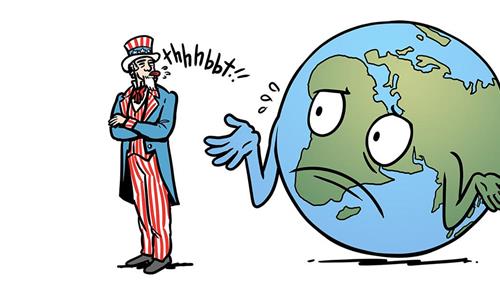Special Report: Persuasion
We humans — if only we acted in our own self-interest more often, how much better our lives would be. But frequently, we undermine ourselves — and persuading us to change our ways is far from simple, as psychologists, public health workers (and our friends) know only too well. Rarely does simply educating people about the facts help them make better decisions. Persuasion takes something more.
In a special collection we explore what’s known about the complex art of persuasion, including the nuances and pitfalls. A feature explores the latest on a tool known as nudging: working with, not against, irrationalities in human cognition for the greater good. Another dissects an audacious attempt by one nation to change the health habits of its entire population. A comic looks at how and why attitudes about climate change became so entrenched and partisan. And in interviews with scholars, we explore the forces of peer pressure, ways to counteract the powerful persuasive tactics of marketers, and the spectrum of persuasive tools — from education to laws — used in public health interventions.
Together, our stories describe how the science of human behavior underlies effective persuasion in a broad array of scenarios. Please enjoy.








